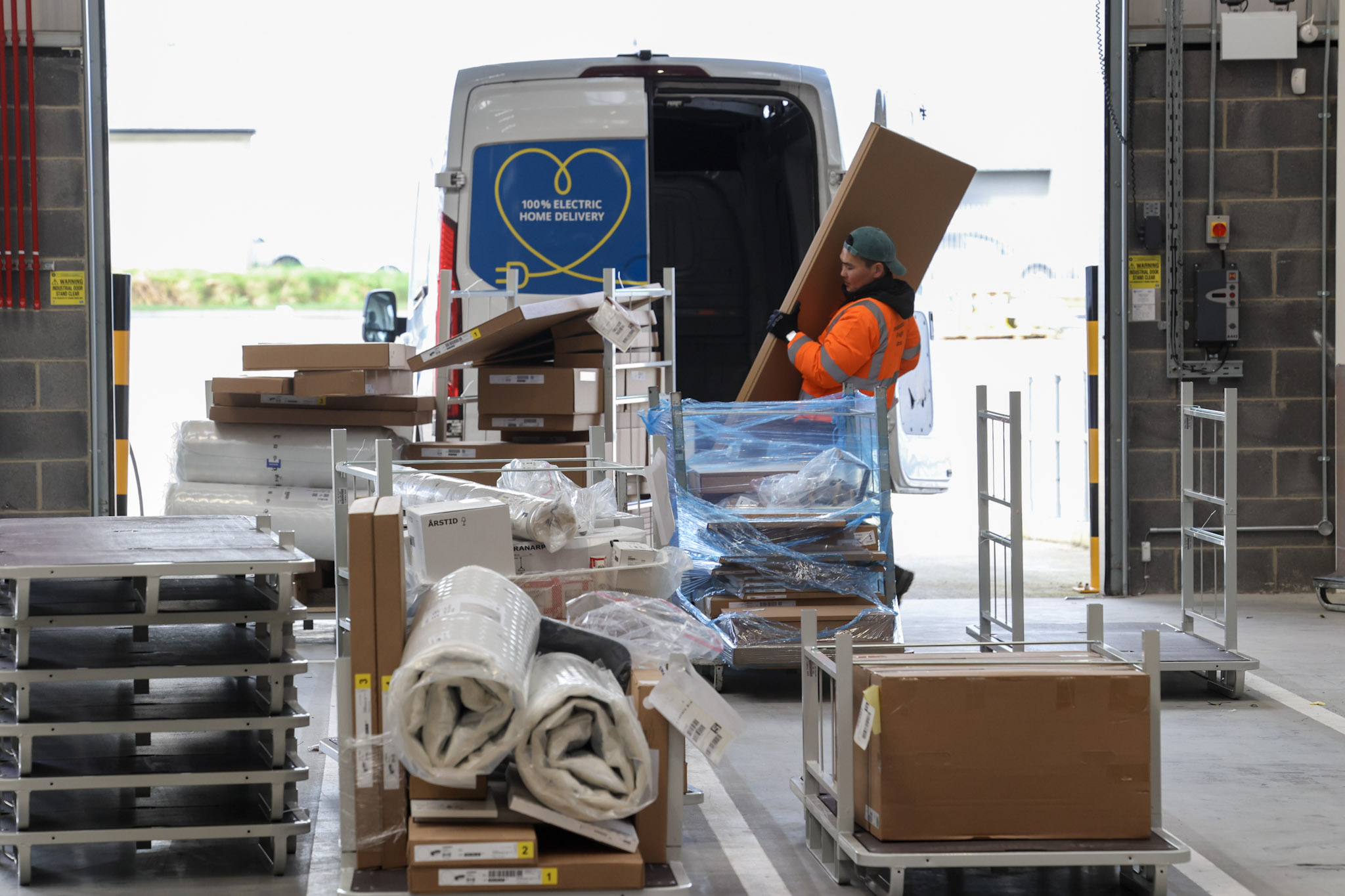Blind and visually impaired passengers at Gatwick can now call a professionally trained agent 24 hours a day who will – by using the camera on the passenger’s mobile– guide them through the airport, help them read documents or flight information, find their bag on the luggage carousel and even shop.
The free, on demand service can be accessed through the aira app and will help to give blind and visually impaired passengers more independence to move through and enjoy the facilities at the airport.
The system is being trialled for six months at Gatwick in partnership with the airport’s biggest airline easyJet which is helping to fund the trial to improve accessibility for blind or partially sighted passengers.
Chair of easyJet’s Special Assistance Advisory Group, Lord David Blunkett, explains: “This is a great experiment and innovation which I know over time will be life changing in terms of providing equality to passengers with no or little sight. This extremely ground-breaking technological breakthrough will allow the partnership between easyJet and Gatwick to demonstrate, for future use across airports here and across the world, just how a simple app and addition to an iPhone or other similar technology can make such a difference.
Blunkett continues: “I know from my own experience that it will take a bit of technical expertise but also just how liberating this could be, both for those who just need a little extra help as well as for those passengers who want to complement the wider assistance available with an independent solution that they can use themselves.”
Once downloaded onto a mobile phone, the Aira system is purposely straightforward and simple to use and the trained agents can help passengers to find specific airport locations such as boarding gates, shops and restaurants – or the airport’s special assistance facilities.
The system can also be used to get the latest information on a passenger’s individual journey plans such as flight information and onward connections or to read menus in restaurants, prices and offers in shops or even help finding baggage on reclaim belts.
Twelve thousand passengers a year – or 500 a month – notify the airport that they are blind or partially sighted. These passengers can now download and register with the app in advance – although during the trial Gatwick passengers can also sign in as a “guest” – without registering – when entering airport. Registered users may also use a specialist glasses (Horizon) which send the view to the agent.
Chris Woodroofe, Chief Operating Officer, Gatwick Airport, adds: “Airports are complex environments and this new system helps to give blind and visually impaired passengers more independence so they can more easily relax and enjoy their time at Gatwick. We have an ambition to be the UK’s most accessible airport and we are looking to do this by investing and innovating and by putting the needs of every passenger at the heart of our operation. Ultimately we want to make sure that everybody has an equal opportunity to fly.”
Gatwick has an ongoing working partnership with the RNIB to help ensure that the airport has appropriate processes and services in place to help blind and visually impaired passengers at the airport. This new AIRA system is a great enhancement and will improve accessibility for blind or partially sighted passengers further still.
Marc Powell, Strategic Relationships Executive at RNIB, adds: “We know that an airport is a challenging environment for lots of people, let alone blind and partially sighted people. We are pleased Gatwick are proactively looking at potential solutions to aid and assist passengers and look forward to hearing people’s feedback about AIRA.”
Gatwick also engages with a broad range of other disability groups to help ensure that the airport makes its services accessible for everyone. New facilities at the airport include the UK’s first airport sensory room and a new £2 million airline lounge for passengers who require special assistance – one of the biggest of its kind in any European airport.
Gatwick also recently won ‘Excellence in Transport Accessibility’ at London’s Transport Award.
Catering to the needs of the disabled is becoming increasingly important to retailers. In the UK, more than two million people are living with sight loss, which is severe enough to have a significant impact on their daily lives. Research suggests that the number of people living with sight loss will increase to more than 2.7 million in 2030 and four million in 2050, driven by an increase in the UK’s older population.
According to our recent Guest Comment from Hilary Stephenson, managing director of user experience (UX) agency, Sigma, the commercial benefits of inclusive design are obvious. It is estimated that thousands of businesses could be turning away the custom of as many as one in five people by being inaccessible to people of ranging abilities; a loss of up to £11.4 billion.
There is also the legal imperative to be inclusive. According to Stephenson, a recent landmark case won against Domino’s Pizza – which must now take steps to ensure its mobile app is fully accessible to all – should make all retailers sit up and take note. Similarly, a lawsuit was recently brought against Beyoncé’s official website, stating that it was inaccessible to people with visual impairments.
Whilst both of these examples highlight a specific problem relating to sight, there is a vast number of ranging conditions that must be accounted for when designing for digital platforms.









